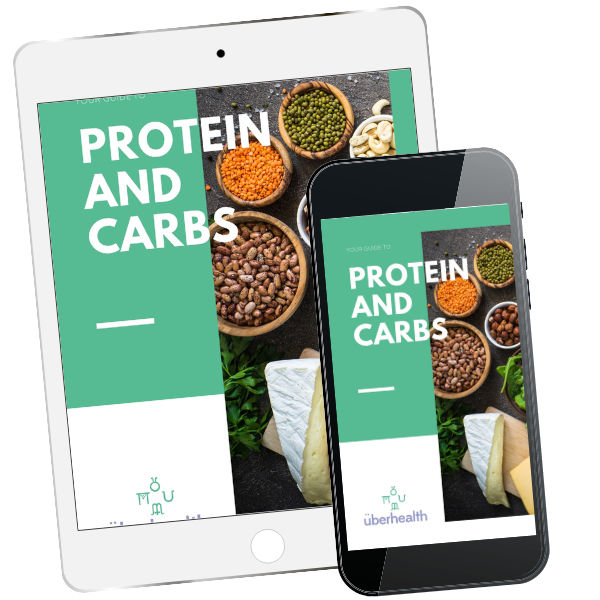6 Essential Foods for Runners

Running places significant demands on your body—physically and nutritionally. If you want to stay strong, recover well, and avoid injury, what you eat plays a key role in your performance and resilience.
Below are six nutrient-rich foods (and one mineral) worth paying attention to if you’re regularly lacing up your shoes.
1. Magnesium-Rich Foods
Magnesium is one of the most important minerals for athletes. It supports energy production by helping the body burn glucose and plays a key role in muscle contraction and relaxation.
Due to sweat loss, stress, and high training loads, magnesium needs can be higher in runners, and deficiencies are common—especially if your diet leans heavily on processed foods.
Foods naturally high in magnesium include:
- Dark green leafy vegetables
- Almonds and cashews
- Wheat bran and whole grains
- Legumes
- Dried figs
- Dark chocolate
- Seaweed and kelp
Magnesium is also available in supplement form, but ideally, aim to cover your needs through food first.
2. Bananas
Affordable, portable, and easy to digest, bananas are often referred to as nature’s power bar—and for good reason.
They’re rich in potassium, a key electrolyte lost in sweat, as well as vitamin B6 and antioxidants. Whether you need a quick pre-run snack or post-run recovery food, bananas are a reliable option.
3. Yoghurt (and Probiotic-Rich Foods)
Yoghurt provides a good source of protein and calcium, but its standout benefit is the live bacteria (probiotics) that support gut health.
A healthy digestive system is essential for nutrient absorption and immunity—both of which can be challenged during heavy training blocks or racing seasons.
Choose plain or Greek-style yoghurt to avoid added sugars, and top with fresh fruit, oats, or a drizzle of honey for a nourishing snack.
If you find it difficult to include fermented foods regularly, consider a high-quality probiotic supplement, especially during intense training or travel.
4. Salmon
A powerhouse for recovery, salmon offers two key benefits: high-quality protein and omega-3 essential fatty acids.
Omega-3s have been shown to help reduce inflammation and support cardiovascular and joint health—particularly helpful for runners logging higher kilometres.
Aim for 2–3 servings of oily fish per week. If that’s not practical, canned salmon is a convenient alternative, or you can discuss omega-3 supplementation with your health practitioner.
5. Kale (and Other Dark Leafy Greens)
Low in kilojoules but rich in nutrients, kale offers fibre, antioxidants, folate, and vitamin K2—all beneficial for runners aiming to support general health and recovery.
Use kale as a salad base, blend into smoothies, or add it to soups and stir-fries. Rotating it with other greens like spinach, rocket, or silverbeet keeps your meals varied and nutrient-dense.
6. Wholegrain Pasta (Pre-Race Fuel)
Before a longer run or event, a carbohydrate-rich meal is key to topping up glycogen stores (your body’s stored carbohydrate fuel).
Wholegrain pasta is a slow-release carbohydrate that can help keep energy levels steady and reduce mid-run fatigue. Pair it with lean protein and colourful vegetables for a well-rounded, pre-race meal.
If wholegrain pasta doesn’t suit your digestion, other complex carbohydrate options like brown rice, quinoa, or roasted sweet potato can work just as well.
The best approach to sports nutrition is to keep it simple and consistent. Focus on whole, nutrient-dense foods that support your training and recovery. And remember—no single food makes or breaks your performance. It's your overall pattern that counts.
If you're unsure whether you're meeting your nutrition needs or need help fine-tuning your fuelling plan, reach out to a qualified sports nutritionist or naturopath for tailored advice.
FREE RESOURCE


